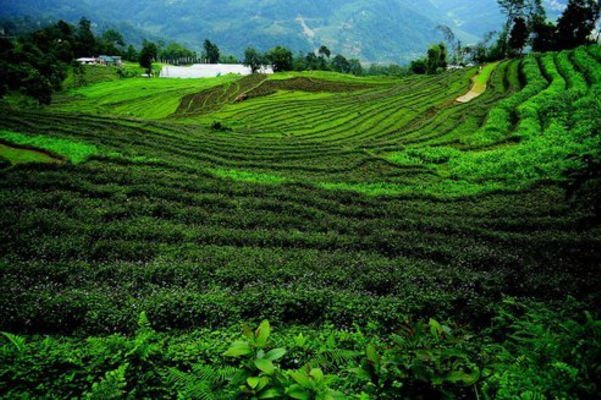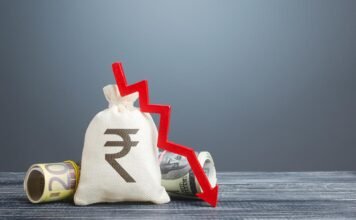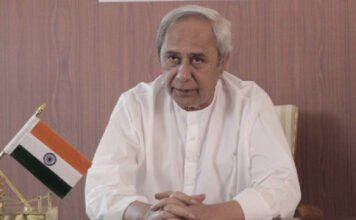February 7
The global Organic Market has been growing at a Compounded Annual Growth Rate (CAGR) of 8.7 % during the last six years (2015-2020). This has been said in the latest report published by the International Federation of Organic Agriculture Movement (IFOAM) Germany and FiBL Switzerland in 2022.
In value terms, the market size has grown from US $ 84 billion in 2015 to US $ 129 billion in 2020 suggesting that the demand for chemical-free organic products has increased in the international market.
Though the data related to the domestic consumption of organic products is not available, but it is fact that demand of organic products in the domestic market is increasing with rising health consciousness and more inclination towards organic farming.
According to IMARC report Indian India organic food market is expected to exhibit a CAGR of 25.25% during 2022-2027.
In 2019-20, India exported organic products having value of rupees 4686 crores whereas in 2020-21, it has gone up to 7078 crores and in 2022 it is rupees 5249 crore.
Two types of organic certifications systems have been developed for quality assurance of organic products in country.
- Third Party Certification by Accredited Certification Agency under National Programme for Organic Production (NPOP) under Ministry of Commerce and Industry for development of export market .
- Participatory Guarantee System (PGS-India) under Ministry of Agriculture and farmers Welfare for meeting the demand of domestic market.
NPOP is third party certification programme where the production and handling of activities at all stages such as production, processing, trading and export requirements for organic products is covered. Also, the system for grading and quality control of organic products is equivalent to conventional products.
Under PGS-India programme, Government is implementing Participatory Guarantee System of India (PGS-India) as a quality assurance initiative for certification of organic produce that is locally relevant, emphasizing the participation of stakeholders, including producers / farmers and consumers and operate outside the frame of third-party certification.
In the operation of PGS-India, stakeholders (including farmers/ producers) are involved in decision making and essential decisions about the operation of the PGS-India certification itself by assessing, inspecting and verifying the production practices of each other and collectively declare produce as organic.
Food Safety Regulation has made it mandatory for organic products to be certified under NPOP or PGS for being sold in the domestic market under Jaivik Bharat logo. To ensure end-to-end traceability (as per the requirements of regulatory framework under Food Safety Standard (FSS) [Organic Foods] Regulation 2017, PGS-India programme also provides uninterrupted chain of custody, starting from producer groups till the products are processed and finally packed into retail packs.
This information was given by the Union Minister of Agriculture and Farmers Welfare Narendra Singh Tomar in a written reply in Lok Sabha today.



























